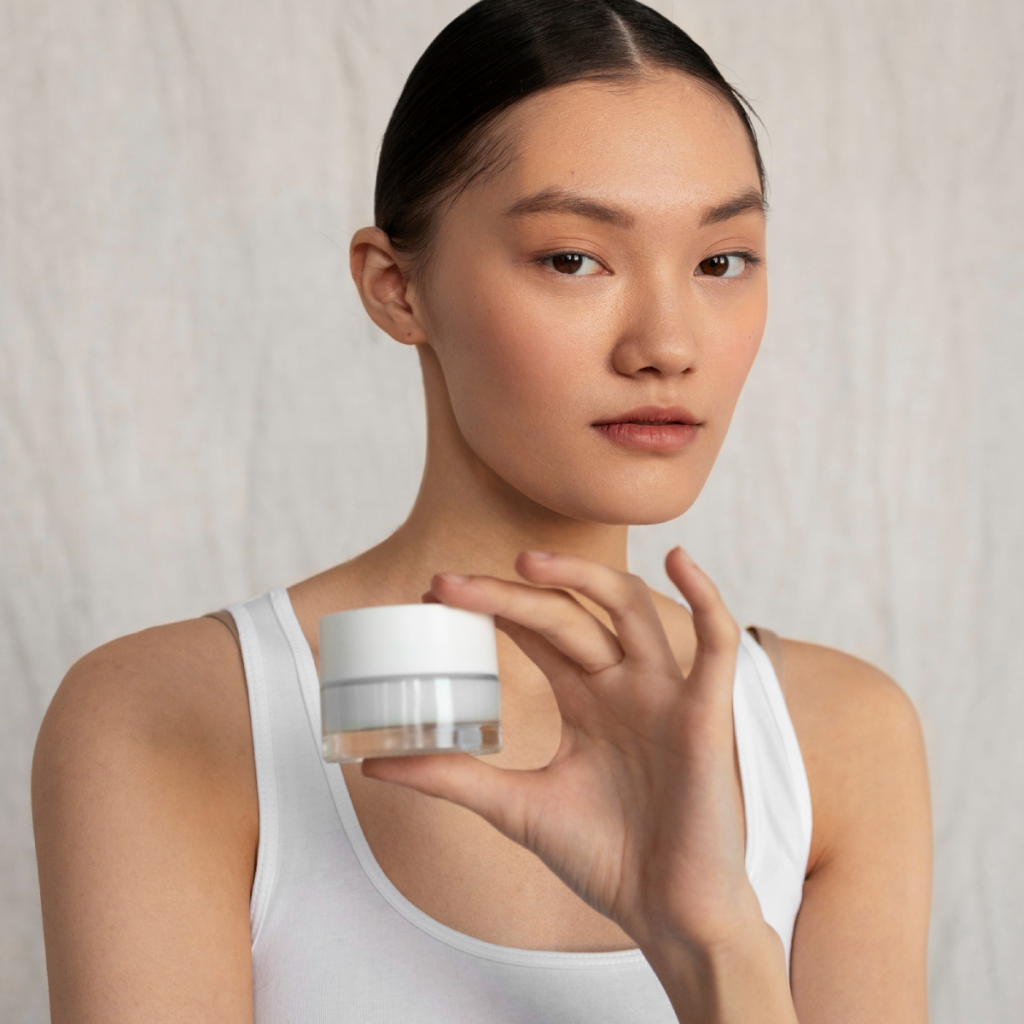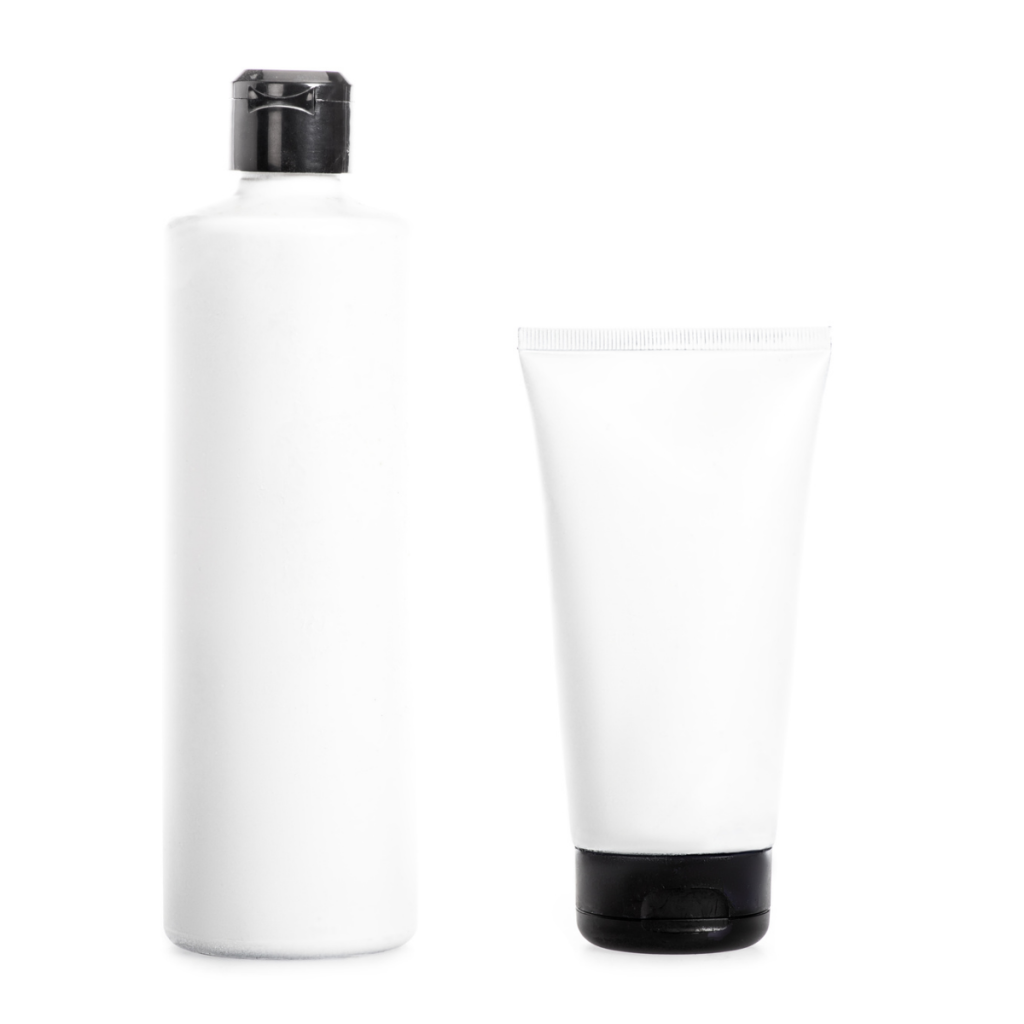Discover the importance of incorporating SPF into your daily skincare routine, regardless of your skin type.
Should Everyone Incorporate SPF Daily, Regardless of Skin Type?
Sunscreen is often seen as a skincare essential, but there’s still some debate about whether it’s necessary for everyone, regardless of skin type. In this article, we’ll dive into the importance of SPF, the impact of sun exposure on different skin types, debunk some SPF myths, and explore the benefits of daily SPF use. So, grab your shades and let’s get started!

Understanding the Importance of SPF
Sunscreen is like a superhero shield for your skin, protecting it from the harmful effects of the sun’s ultraviolet (UV) rays. UV radiation is associated with various skin damage, including premature aging, hyperpigmentation, and an increased risk of skin cancer. SPF, which stands for Sun Protection Factor, measures how well a sunscreen protects against sunburn-causing UVB rays.
When it comes to enjoying the outdoors, especially during the summer months, it’s important to prioritize sun protection. Applying sunscreen with a high SPF is one of the key steps in safeguarding your skin against the damaging effects of the sun.
What is SPF and How Does it Work?
SPF is a numerical value that tells you how long it would take for your skin to burn if it weren’t protected by sunscreen. For example, if it typically takes 10 minutes for your skin to burn without sunscreen, an SPF 30 sunscreen should theoretically allow you to stay outside for about 300 minutes without burning.
However, it’s important to note that SPF alone is not enough to provide complete protection from the sun. Sunscreen effectiveness decreases over time due to factors like sweating, swimming, and rubbing the skin. It’s crucial to reapply sunscreen every two hours, regardless of the SPF number.
Additionally, it’s important to choose a broad-spectrum sunscreen that protects against both UVA and UVB rays. While UVB rays are primarily responsible for sunburns, UVA rays penetrate deeper into the skin and are associated with long-term skin damage, such as wrinkles, sagging, and age spots.
The Role of SPF in Skin Health
Using SPF daily goes beyond preventing a painful sunburn. Sunscreen helps protect your skin from harmful UVA rays, which are linked to long-term skin damage and aging. By incorporating SPF into your skincare routine, you’re also reducing the risk of developing certain types of skin cancer, such as melanoma.
Furthermore, sunscreen can help prevent the development of hyperpigmentation, which is characterized by dark spots or patches on the skin. This condition is often triggered or worsened by sun exposure, and regular use of SPF can help minimize its appearance.
It’s worth noting that SPF should be used year-round, even on cloudy or overcast days. UV rays can penetrate through clouds and cause damage to the skin, so it’s important to make sunscreen a daily habit, regardless of the weather.
In conclusion, SPF is a vital component of any skincare routine. By using sunscreen with a high SPF, reapplying it regularly, and choosing a broad-spectrum formula, you can effectively protect your skin from the harmful effects of the sun and maintain a healthy, youthful complexion for years to come.
The Impact of Sun Exposure on Different Skin Types
Not all skin is created equal when it comes to sun damage. While we encourage everyone to use sunscreen daily, it’s essential to understand the specific effects of sun exposure on different skin types.
When it comes to sun damage, there are several factors to consider, including the individual’s skin type, hair color, eye color, and their body’s natural ability to produce melanin. Melanin is the pigment responsible for giving color to our skin, hair, and eyes. It also plays a crucial role in protecting our skin from the harmful effects of the sun’s ultraviolet (UV) radiation.
Sun Damage and Skin Type I
People with fair skin, light-colored hair, and light-colored eyes fall into this category. Skin Type I is highly prone to sunburns and rarely tans. Without proper protection, these individuals are at a significantly higher risk of developing skin cancer and premature signs of aging.
The fair complexion of Skin Type I individuals is due to the lower levels of melanin in their skin. Melanin acts as a natural sunscreen, absorbing and scattering UV radiation. With less melanin, their skin has less protection against the sun’s harmful rays.
It’s important for individuals with Skin Type I to take extra precautions when spending time outdoors. This includes using a broad-spectrum sunscreen with a high SPF, wearing protective clothing, and seeking shade during peak sun hours.
Sun Damage and Skin Type II
People with fair skin and light-colored hair are classified as Skin Type II. Similar to Skin Type I, they are also at high risk of sunburn and need to take extra precautions to protect their skin.
While Skin Type II individuals have slightly more melanin than those with Skin Type I, their skin still lacks the necessary protection against the sun’s harmful rays. It’s crucial for them to follow the same sun protection measures as Skin Type I individuals.
Sun Damage and Skin Type III
Individuals with light to medium-toned skin, whose skin may initially look sun-kissed but later develop a tan, fall into Skin Type III. Although they have a lower risk of sunburn compared to Types I and II, they still need to protect their skin from harmful UV rays.
People with Skin Type III have a moderate amount of melanin in their skin, providing them with more natural protection against UV radiation. However, this doesn’t mean they are immune to sun damage. It’s essential for them to use sunscreen regularly and practice sun-safe behaviors to minimize the risk of skin damage.
Sun Damage and Skin Type IV to VI
People with olive, dark, or ebony skin tones generally have a more inherent protection against UV radiation due to higher melanin levels. While they have a lower risk of sunburn and skin cancer, it’s important to note that they are not entirely immune to the damaging effects of the sun.
Melanin acts as a natural sunscreen, but individuals with darker skin still need to protect themselves from excessive sun exposure. While their risk may be lower, prolonged and unprotected sun exposure can still lead to skin damage, such as hyperpigmentation, wrinkles, and sunspots.
It’s crucial for individuals with Skin Type IV to VI to practice sun-safe behaviors, including wearing sunscreen, seeking shade, and wearing protective clothing when spending time outdoors. Regular skin checks and consultations with dermatologists are also recommended to ensure any changes or abnormalities are detected early.
In conclusion, understanding your skin type and its susceptibility to sun damage is crucial in maintaining healthy skin. Regardless of your skin type, it’s essential to protect yourself from the harmful effects of the sun by using sunscreen, seeking shade, and practicing sun-safe behaviors.
Debunking SPF Myths
Now, let’s take a moment to dispel some common SPF myths that can prevent people from incorporating sunscreen into their daily routine.
When it comes to protecting our skin from the harmful effects of the sun, there are a few misconceptions that need to be addressed. Let’s dive deeper into these myths and uncover the truth behind them.

“I Don’t Need SPF on Cloudy Days”
It’s a common belief that cloudy days provide enough natural shade to protect us from the sun’s harmful rays. However, this is far from the truth. While clouds may block some of the sunlight, they do not fully shield us from UV radiation. In fact, studies have shown that up to 80% of the sun’s UV rays can penetrate through clouds, leading to sunburns, premature aging, and an increased risk of skin cancer. So, regardless of cloud cover, applying SPF should be an essential part of your daily skincare routine.
Furthermore, it’s important to note that UV rays can also reflect off surfaces such as water, sand, and concrete, intensifying their effects. So, even on a cloudy day at the beach or during outdoor activities, your skin is still at risk.
“My Makeup Has SPF, So I’m Covered”
Many cosmetic products, including foundations, tinted moisturizers, and lip balms, boast about containing SPF. While these products may offer some level of sun protection, relying solely on them is not enough to shield your skin adequately.
Experts recommend using a separate sunscreen with at least SPF 30, even if your makeup products claim to have SPF. The reason behind this is that most people do not apply makeup in sufficient quantities to achieve the stated level of sun protection. Additionally, the effectiveness of these SPF-infused cosmetics can be compromised throughout the day due to factors such as sweat, oil production, and rubbing of the skin.
By using a dedicated sunscreen, you can ensure that your skin receives the necessary protection against both UVA and UVB rays, reducing the risk of sunburns, premature aging, and skin cancer.
“I Have Dark Skin, So I Don’t Need SPF”
Another common misconception is that individuals with darker skin tones are immune to the damaging effects of the sun. While it’s true that higher melanin levels provide some natural protection against UV radiation, it does not make dark-skinned individuals completely invulnerable.
People with darker skin can still experience sunburns, skin damage, and an increased risk of skin cancer. Additionally, prolonged sun exposure without proper protection can lead to hyperpigmentation, uneven skin tone, and premature aging.
It’s crucial for everyone, regardless of their skin color, to incorporate sunscreen into their daily skincare routine. By doing so, you can safeguard your skin’s health, maintain its youthful appearance, and reduce the risk of developing skin cancer.
Remember, SPF is not just for fair-skinned individuals; it’s for everyone who wants to keep their skin healthy and protected.
The Benefits of Daily SPF Use
Now that we’ve tackled some misconceptions, let’s explore the numerous benefits of incorporating daily SPF use into your skincare routine.
Prevention of Premature Aging
Applying sunscreen daily helps prevent premature signs of aging, such as wrinkles, fine lines, and age spots caused by sun damage. By shielding your skin from harmful UV rays, you’re giving it a fighting chance against the ravages of time.
Lowering Skin Cancer Risk
Regular use of sunscreen has been linked to a reduced risk of developing various types of skin cancer, including the deadly melanoma. By protecting your skin from excessive sun exposure, you’re safeguarding your overall health.
Reducing Hyperpigmentation and Sun Spots
Hyperpigmentation, in the form of dark spots, can be caused by the sun’s UV rays. Using SPF daily helps prevent these pigmentation changes, keeping your skin looking more even-toned and radiant.
In Conclusion
No matter your skin type, incorporating SPF into your daily routine is a simple but powerful step towards maintaining healthy and youthful-looking skin. Remember, SPF isn’t just for beach days or sunny vacations—it’s for every day, rain or shine. So, slather on that sunscreen and let your beautiful skin shine through!





